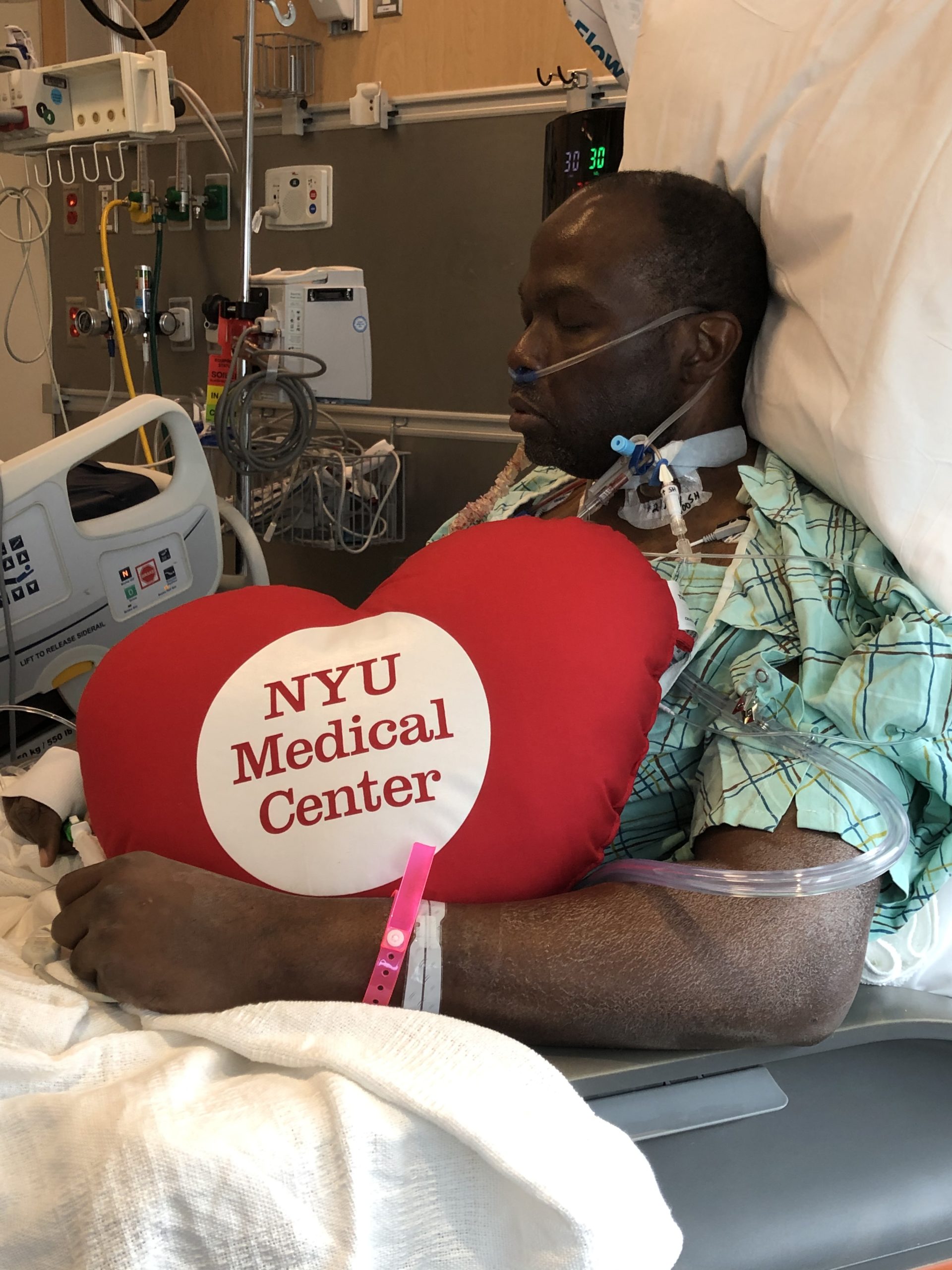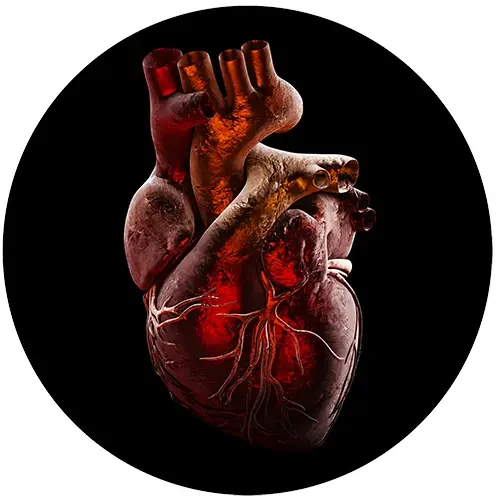Willie McLaughlin
Willie’s Story, in his own words
I first discovered that I had a heart problem in the late 1980s. This was a few years after I had stopped training and competing as an Olympic-caliber track and field athlete. I didn’t have any symptoms while competing in college. However, a few years later, during a routine check-up, my doctor told me that I had “cardiomyopathy”. I was told that there was nothing that I could do about it and that I should just keep an eye on it. It wasn’t until I reached my mid 30s when the first obvious symptoms appeared. At that time, my blood pressure began to go up, and I began to experience intermittent fatigue and shortness of breath. My doctor put me on blood pressure medication to try to control it. I also used my athletic training to compensate for my heart working harder for many years. After a while, I frequently found myself having to muster the strength to face the simple yet daunting task of climbing up a single flight of stairs.
Over time, I developed a heart rhythm condition called atrial fibrillation or AFib. My cardiologist and I tried many medications in order to control my heart rhythm. Unfortunately, the medications alone did not work. Therefore, I had to undergo a procedure called a “cardioversion,” where the doctor gives an electric shock to your heart in order to get you back to a normal rhythm. This procedure would work for a while, but eventually my heart would go back into Afib. I needed to have this procedure performed three times over the course of several years. I was also prescribed blood thinners to reduce my risk of developing blood clots. Following this, I went through extensive testing, where I was diagnosed with hypertrophic cardiomyopathy (HCM). Also, during this time, my brother underwent a heart transplant, due to HCM. Sadly, he passed away a few months later, due to complications.
At my brother’s funeral, I met a woman who referred me to an HCM recognized Center Of Excellence in New Jersey. For the first time, someone clearly explained to me what HCM was and told me that eventually, I would need a heart transplant, just like my brother. The HCM doctor recommended that I receive an implantable cardioverter-defibrillator (ICD), due to my constant AFib. It was explained to me that the ICD acted as an insurance policy in case my heart went into a dangerous rhythm. I am glad that I had it done because it gave me peace of mind, knowing that if my heart went into a dangerous rhythm, the ICD would shock my heart back into a normal rhythm. This could keep me alive until I received medical help.
Please share this story to bring awareness to Heart Month!
To learn more about hypertrophic cardiomyopathy (HCM), go to https://www.4hcm.org.
#4HCMAwareness #HCMStrong #HCMDay #4HCMWarriors #4HCM










